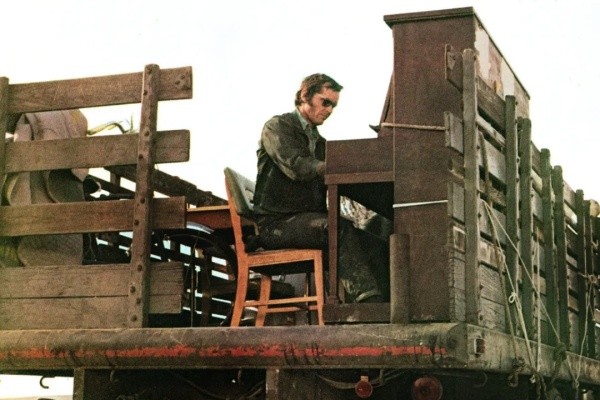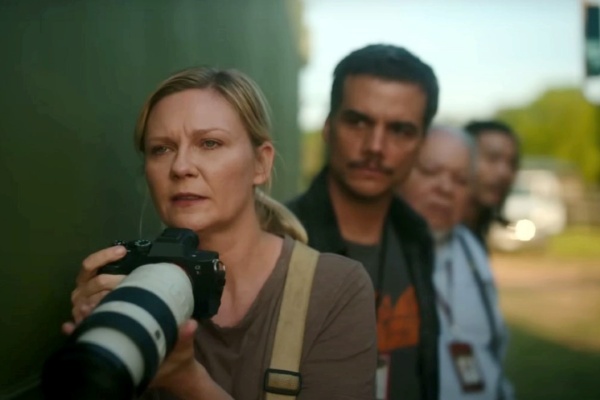The Czech New Wave makes a rare foray into sci-fi in this well-made work from the ’60s dealing with the existential perils of space exploration and the unknown.

Review #2,499
Dir. Jindrich Polak
1963 | Czechoslovakia | Sci-Fi/Drama | 88 min | 2.35:1 | Czech
Rating Exempted – around PG
Cast: Zdenek Stepanek, Frantisek Smolik, Dana Medricka
Plot: In the year 2163, a band of astronauts embarks on a fifteen-year voyage deep into outer space, in hopes of discovering life in another galaxy.
Awards: –
Source: Czech Film Archive
Accessibility Index
Subject Matter: Moderate – Space Voyage; Exploring the Unknown
Narrative Style: Straightforward
Pace: Slightly Slow
Audience Type: Slightly Arthouse
Viewed: Screener – Perspectives Film Festival
Spoilers: No
While sci-fi films from America during the ‘50s and ‘60s dealt with the threat of the ideological ‘other’, namely communism, we have here in Jindrich Polak’s Ikarie XB-1 a film made in a communist country under Soviet rule.
It might not be a groundbreaking film by any yardstick, but it is a well-made piece of thought-provoking science-fiction, dealing with the existential perils of space exploration.
Now available in a new 4K restoration, Ikarie XB-1 is certainly worth a pop, not just because it is an underseen relic from the Czech New Wave and the days of the Cold War, but also how it charts with an old-school sense of adventure towards the unknown, where sacrifice, fear and determination play out.
This was years before the historic Apollo 11 moon landing in 1969, and Kubrick’s landmark 2001: A Space Odyssey (1968), which apparently had been inspired to some degree by Polak’s film.
“Time really does fly.”
I would argue, however, that Ikarie XB-1 has closer similarities to Nolan’s Interstellar (2014), particularly aspects of time dilation and the theoretical effects of black holes (or in this case, a Dark Star).
As the Czech crew on the ‘Icarus’ starship attempts to search for life far, far away, the months-long journey that is the equivalent of 15 years on Earth becomes a psychological burden on several members.
Shot in black-and-white, and using old-school sound effects, Ikarie XB-1 is, however, set in the year 2163—looking at the film now in 2022, it posits interesting ideas rooted in retro-futurism: is this how the communists imagined the far future, where there is also a nostalgisation for the past?
With Elon Musk dreaming up space exploration fantasies and attempting to turn them into capitalistic realities within this century, one might wonder what would space exploration be like today if the Soviet Union did not collapse, with the communists leading humanity forward instead?
Grade: B+
Trailer:
Music:











